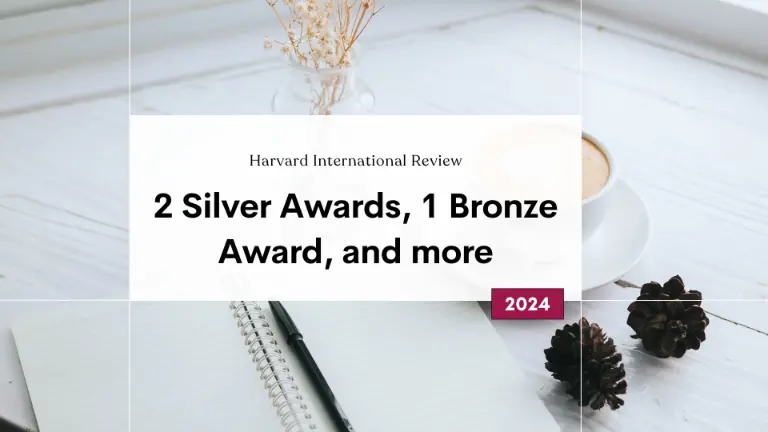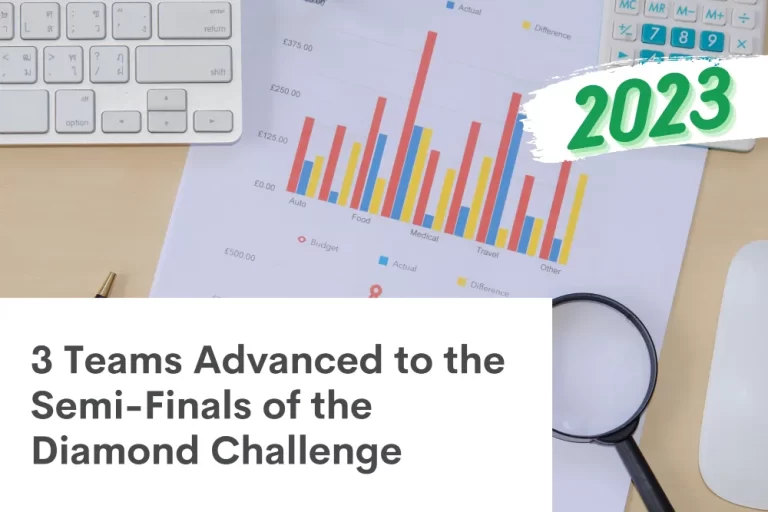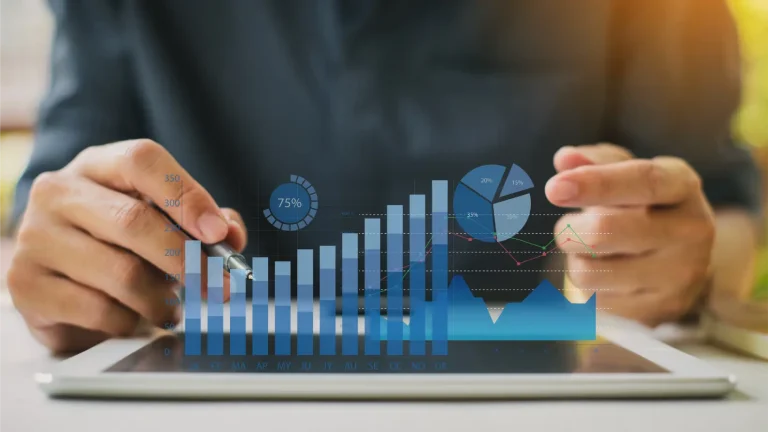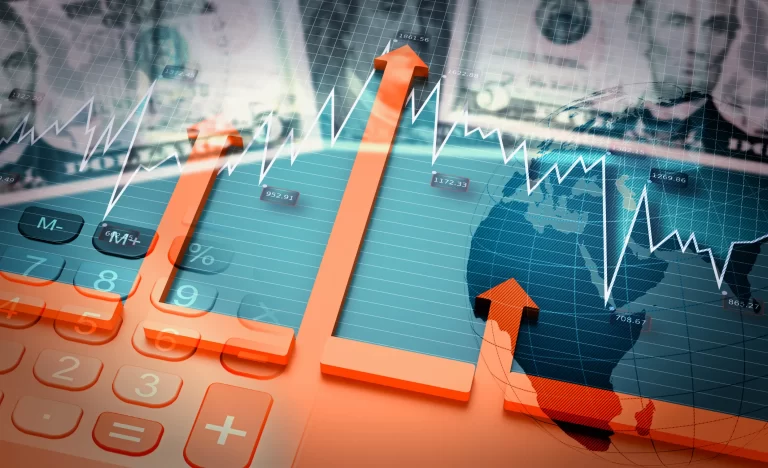LATEST UPDATE ▪️ COMPETITION INFORMATION
2026 Competition Details Not Yet Released
Harvard Pre-Collegiate Economics Challenge (HPEC)
The Harvard Pre-Collegiate Economics Challenge (HPEC), organized by the Harvard Undergraduate Economics Association (HUEA), is a prestigious international competition for high school students passionate about economics. HPEC tests participants' knowledge of AP Microeconomics and Macroeconomics, as well as current economic issues, history, research, and applications in fields such as education and the environment.
Interested in the competition?
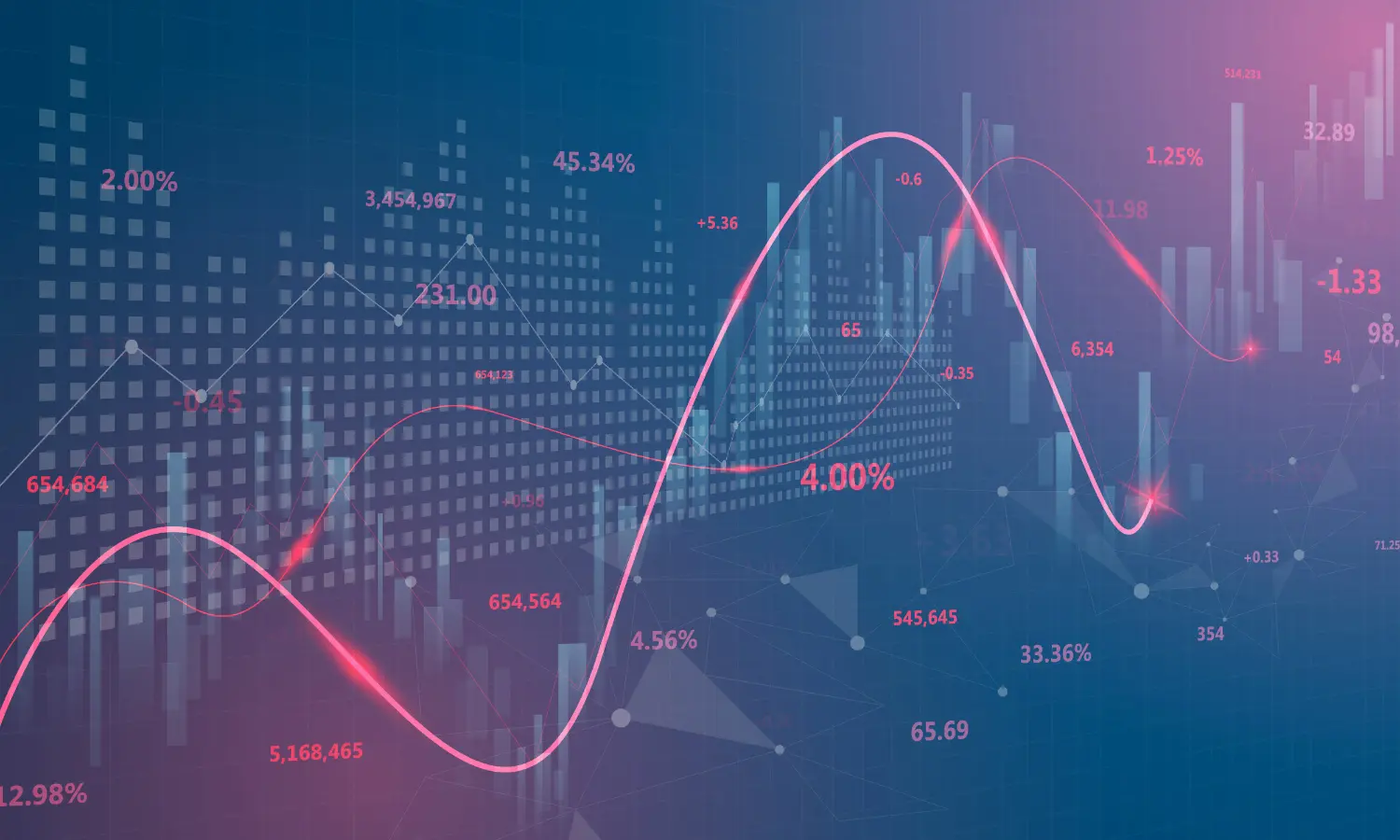
Competition Overview
High school students worldwide
Eligibility
$125 per team
Entry Fee
April 6, 2025
Registration Deadline
April 12, 2025
Competition Date
📌 Note: Aralia is not the organizer of this competition. For official rules, deadlines, and updates, please refer directly to the competition organizer. Aralia provides listings and information about competitions for student reference. Aralia is an online education platform offering competition preparation classes to students worldwide.
Competition Details
1. Overview
The competition features individual and team rounds, fostering critical thinking and collaboration. It serves as a valuable preparation for the AP Economics exams and provides participants with insights into broader economic concepts and real-world applications. Students and coaches can network, engage with experts, and expand their understanding of economics beyond the classroom.
2. Team Size
1-4 members, with each school initially limited to one team (additional teams may be allowed based on space availability).
A coach (teacher or parent) must accompany each team
3. Registration and Fee
The registration fee is $125 per team (non-refundable). US-based teams must pay via Zelle, while international teams should contact HUEA for payment options. Registration details will be released soon, and early registration is advised due to limited space.
4. Past Problems
- Advances in artificial intelligence (AI) have the potential to affect growth, inequality, productivity, innovation, and employment. OpenAI’s ChatGPT, in particular, has greatly increased public awareness about the significance of AI and its implications for the future. What impact will the development of AI have on economic inequality, the composition of the workforce, and economic output as a whole? How can nations prepare for the micro and macroeconomic changes brought about by AI?
- Measuring national and global economic activity allows us to understand how economies change in size and structure—how they grow and contract. In addition to Gross Domestic Product (GDP), government budgets, and the money supply, alternatives like the Human Development Index (HDI) and Gross National Income (GNI) are used to assess economic progress. What are the advantages of our current economic indices, including GDP, HDI, GNI, government budgets, and the money supply, and in what areas are they lacking? Which of these indices do you find most helpful, and how can we enhance or combine them to improve our understanding of economic measurement?
- Proponents of income redistribution support the idea that redistribution policies will increase economic stability and give more opportunities to the less wealthy. Others, however, are more skeptical and believe it could have negative consequences for economic growth. Current methods of redistribution include taxation, welfare, public services, and other monetary policies. What strategies for income redistribution should the U.S. adopt from other countries? What economic impacts could a wealth tax or super millionaire tax have? What type of redistribution is most effective and feasible? What would be the impacts of the U.S. enacting universal basic income? Discuss the implications of any of these issues and feel free to expand on other areas of economic redistribution.
- As the United States weighs the impacts of China’s rise to global prominence, economics and national security have become increasingly intertwined. As a result, the United States government has imposed both tariffs and investment restrictions on China to limit the nation’s access to both US markets and intellectual property (specifically in sensitive industries such as semiconductors). What are the economic implications of these policies for United States firms, consumers, and workers? Discuss the most important perspectives of the US-China trade war and provide suggestions on how both countries can manage the prospect of a changing economic order.


